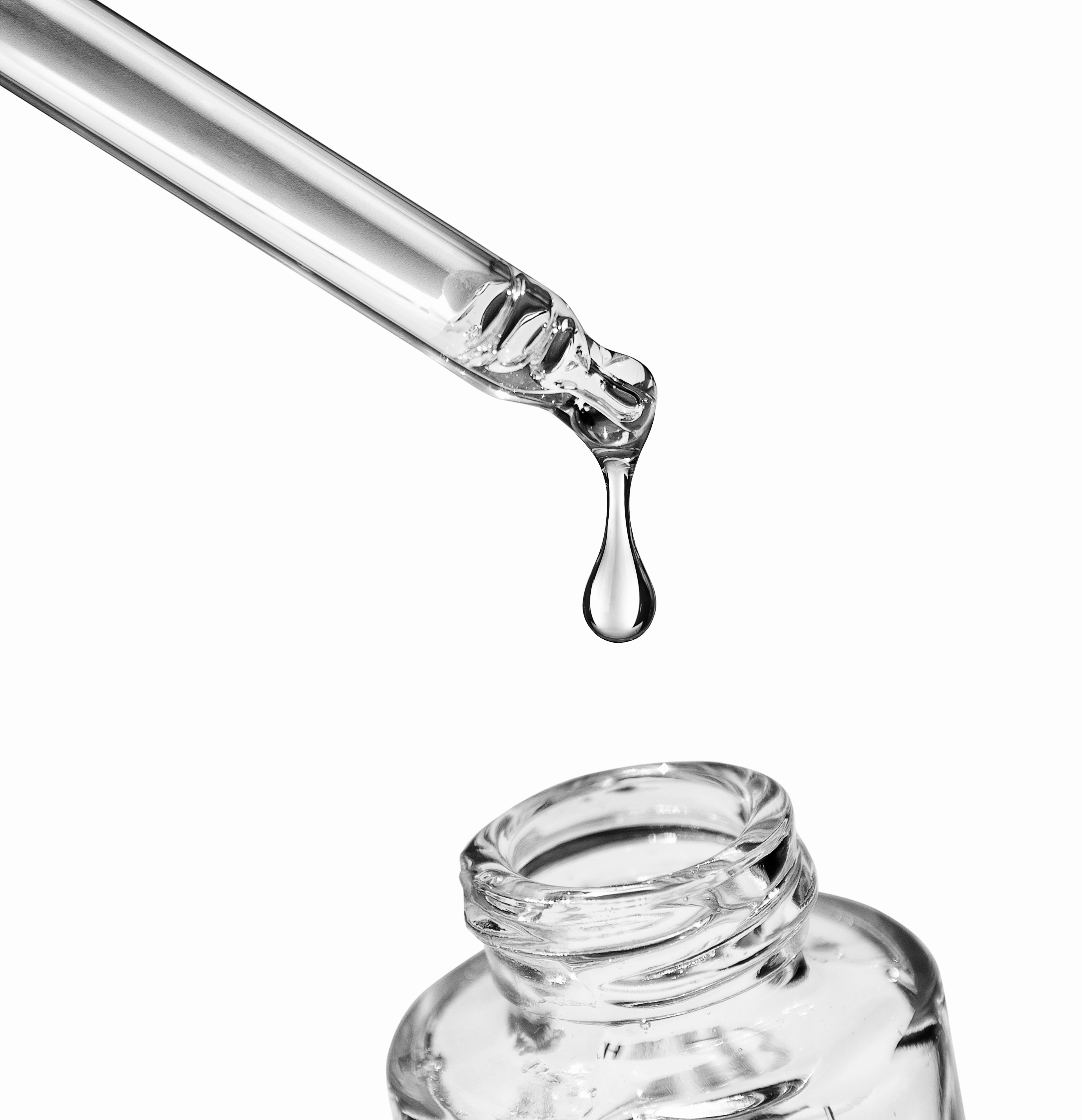Actflow™ | Non-Solvent Functional Liquid Acrylic Polymer
Product Description
Actflow™ is a non-solvent type of functional and reactive acrylic polymer created using molecular weight control technology. As a non-solvent polymer, it is environmentally friendly and has excellent room-temperature fluidity, making it suitable for use as a plasticizer substitute, modifier, or additive.

Features Provided by Actflow™
- Low-temperature flexibility
- Heat resistance
- Weather resistance
- Storage stability
- Thermal sol formation properties
- Impact resistance
Features
- Non-solvent type
- Transparent liquid with excellent compatibility and dispersibility
- Acrylic polymer with terminal functional groups
- Can be crosslinked by mixing with curing agent
- Molecular weight, and functional group amounts and types, can be controlled
- Functionality can be achieved as modifiers added to various resins
Principal Molecular Structure

Structural Models of Actflow™
Terminal Functional Group Type
A functional group is introduced at each molecular terminus. This is effective when the number of functional groups has to be adjusted independently of the molecular weight.

Functional Group Copolymerization Type
Functional groups can be introduced relatively easily by copolymerizing monomers with functional groups. In addition, this is effective for increasing the number of functional groups in a molecule.

Molecular Terminus and Functional Group Copolymerization Type
This combines the advantages of the molecular-terminus type and the copolymerization type. Combinations of different functional groups are also possible, enabling achievement of even higher functionality.

Multimerization of Terminal Functional Group Type
Actflow™'s molecular structure, characterized by multiple highly reactive terminal functional groups and a hyper branching structure, presents advantages for crosslinking, compatibilizing, and thermosetting resin components.

Applications
- Resist modifiers
- Various resin modifiers: Acrylic, urethane, PVC, olefin, ABS, EVA, polyacetal, cellulose
Application Case Studies
As a non-solvent liquid resin, Actflow™ is used as a modifier in various applications.
Plasticizers and Softeners for Various Resins
Actflow™ is useful as a plasticizer for soft PVC. In particular, it has an excellent balance of storage stability, thermal sol formation properties, and low-temperature perspiration, especially in the PVC sol process. In addition, it has high compatibility not only with PVC but with resins such as EVA and acrylic, and is effective for improving the low-temperature flexibility of acrylic sheets.
Additives and Modiìers
Actflow™ has a proven track record as a modifier of olefin resins and ABS resins. For ABS resins, it is effective as an impact resistance modifier. It is also effective for modifying polyacetal and cellulose resins.
Modifier for Photolithography
Actflow™ is useful as an additive to improve the alkaline washability of resist materials such as those used in photolithography, as well as for enhancing the removal of residues and debris. It is also useful as an additive for color filters and dry film resists.
Base Resin for Films and Sheets
The excellent durability and transparency of the acrylic backbone make Actflow™ useful as a base resin for films and sheets. It is particularly useful as a base resin for thermoplastic acrylic urethanes, and thermosetting acrylic silyl and acrylic urethanes.
Base Polyol for Polyurethane Resin
Using a multifunctional acrylic polyol, Actflow™ is useful as a polyol component and/or crosslinking component for urethane films and sheets. It is effective for modifying and improving the physical properties of various urethane resins, such as sealants, adhesives, urethane acrylate oligomers, paints, coating agents, films, sheets, and foams, enabling introduction of acrylic backbones with high heat resistance and weather resistance to urethane resins. Especially when used in combination with hexamethylene diisocyanate prepolymers, films and sheets with excellent weather and heat resistance can be obtained.
Grade and Product Number
*Can be scrolled horizontally
| Product no. | Main backbone | Functional group Morphology |
Structural diagram | Functional group equivalent content (g/eq) | Mean molecular weight | Viscosity at 25°C (mPa-s) |
|---|---|---|---|---|---|---|
| UMM-1001 | MA | Hydroxyl group One terminus |
 |
600 | 1,000 | 8,000 to 13,500 |
| UT-1001 | 2EHA | 1,2-diol One terminus |
 |
970 | 3,500 | 2,000 to 5,000 |
| CB-3060 | 2EHA | Carboxyl Multifunctional |
 |
940 | 3,000 | 4,500 to 8,500 |
| CB-3098 | 2EHA | Carboxyl Multifunctional |
 |
570 | 3,000 | 10,000 to 20,000 |
| CBB-3098 | BA | Carboxyl Multifunctional |
 |
570 | 3,000 | 12,500 to 20,500 |
| NE-1000 | BA | -Si(OCH3)3 One terminus |
 |
620 | 3,000 | 700 to 1,300 |
| NE-3000* | MMA | -Si(OCH3)3 Multifunctional |
 |
370 (converted to solid content)* |
5,000 | 1,500 to 5,000 |
| K-009 | Acrylic | Nonfunctional | No functional groups | 250,000 | Powder |
- *NE-3000 contains 30% ethyl acetate. In external appearance, Actflow™ is a clear colorless liquid.
- Note: The above properties and values are for reference only and are subject to change without notice.
Application Examples
K-009: Flexibilizer for Polylactic Acid (PLA*)


*Can be scrolled horizontally
| No. | K-009 (wt%) | Modulus of elasticity (N/mm2) | Elongation (%) | Tg (°C) | Tm (°C) |
|---|---|---|---|---|---|
| 1-1 | 0 | 4,598 | 3 | 56 | 160 |
| 1-2 | 20 | 3,948 | 28 | 57 | 161 |
| 1-3 | 40 | 2,766 | 43 | 57 | 162 |
| 1-4 | 60 | 1,879 | 58 | 57 | 162 |
| 1-5 | 100 | 126 | 92 | 21 | None |
- * The thickness of the 4032D film from NatureWorks LLC is in all cases adjusted to approximately 200 μm.
- Note: The data listed are for reference only and are not standard values.
In addition, there is no guarantee that the listed uses will not infringe on any patents.
